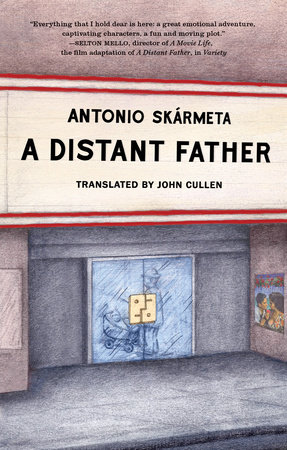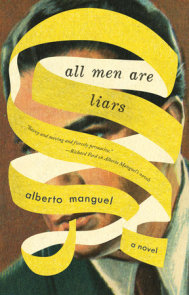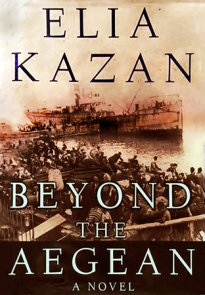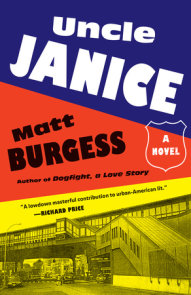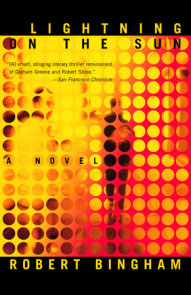READERS GUIDE
1. On page 26 Augusto says, “I don’t want to feel humiliated next Friday because I’m not a man yet.” Are there any similarities between Jacques and his student? How do these similarities affect their relationship?2. How does Jacques describe the women he knows? Are there any similarities or differences in how he describes his mother and the Gutiérrez sisters? As the novel unfolds, is there a change in the way he describes them?
3. Over the course of the novel Jacques suffers from insomnia, anemia, bronchitis, a constant “cold” (p 9), conjunctivitis, and a fever. Why do you think this is?
4. Describe the relationship between Jacques and Pierre. Can any similarities be drawn between his relationship to his father and his native town’s relationship to the larger, outside world? How does the small town, Contulmo, help to shape the course of the narrative?
5. A number of movies are referred to in the novel (Rio Bravo, Rebel Without a Cause, Wild Is the Wind). What role does cinema play in A Distant Father? Does it influence any of the characters in the novel? Apart from the fact that he works at a movie theater, what is the relationship between Pierre and films?
6. List the different scenes that occur at the train station. Why do you think so many scenes take place there? What is the relationship between time and the train station?
7. After his aborted rendezvous with Teresa Gutiérrez, Jacques looks in a mirror and says in French, “I got old,” repeating the words from a character in the book he’s translating (p 79). Who else “gets old” in the novel? How are the stopped clock at the train station, Jacques’s characterization, the isolation of Contulmo, and the aging of the characters in the novel related?
8. How are Jacques’s obsession with his father’s absence, his preoccupation with the Gutiérrez sisters, and his literary aspirations related?
9. On page 78 Teresa says, “But it’s my house, Jacques. I don’t want to do it with you in this jail.” Does anything else serve as a “jail” in the novel? At the end, does anyone manage to escape their respective “jail(s)”?









